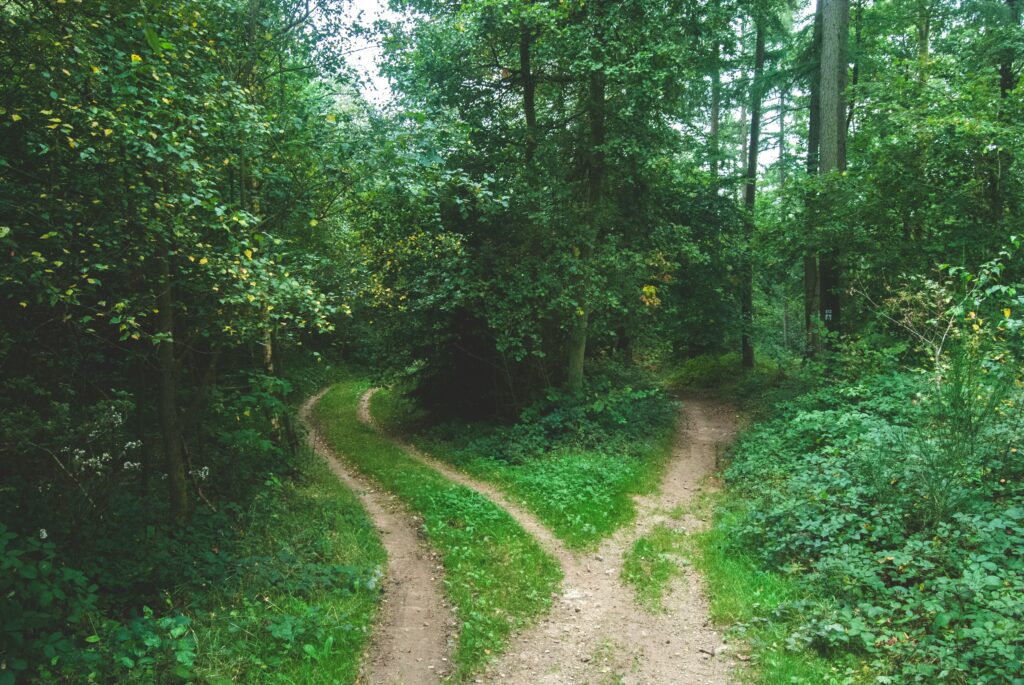
Photo by Jens Lelie on Unsplash
In Robert Frost’s “The Road Not Taken,” a traveler stands at a fork in the woods. The traveler chooses the path “less traveled by” and later says it “made all the difference.” While I once saw it as a high school analogy about life’s choices, I now see as a reminder that every step—small or large—shapes not only who we are but the world we share.
Looking back, I can count plenty of wrong turns and had to stop and ask: Am I choosing what’s right, or what’s easy? The easy road usually offers comfort, approval, and quick rewards. The harder one, typically the unpopular one, asks for courage, steadiness, conviction, and, at times, personal cost. Even though it complicates life, it provides a sense of meaning, direction, and fulfillment than the easier road cannot. As English poet John Milton reminds us, the mind has the power to turn heaven into hell or hell into heaven. What ultimately matters is not just the road we’re on, but the spirit and resolve we carry as we walk it.
Its shadow is the oldest of temptations: self before duty. When a leader chooses himself over the people he swore to serve, he breaks faith with the office. The outcome has become all too familiar: vanity, retribution, and division.
Week after week, the headlines show us the cost. Instead of facing truth, he bends it. Instead of seeking unity, he cultivates hostility. Instead of carrying the burdens of office with humility and purpose, he uses power to inflate his own image. Where Frost’s traveler weighed two uncertain paths with care, this president barrels down the single track that circles back to himself.
The contrast is striking. Every day, Americans take the harder road: raising families, working one, two, sometimes three jobs, showing up for their communities, speaking for those without a voice. They choose sacrifice because they believe in something larger than themselves. Democracy depends—not on perfect people—but on citizens willing to put the whole above self.
And yet democracy stands at its own crossroads. One road leads to decay—institutions weakened, trust drained, neighbor against neighbor. It looks easy because it feeds on fear and anger. The other road demands more of us: vigilance and courage. Which do we choose?
Frost’s traveler couldn’t see where either path would end. And that’s the truth about choice: uncertainty is built in. But choosing still shapes everything. Looking back on my experience, the road that asked more gave me more.
What’s true in a life is true in a democracy. One path leads us into the woods of further polarization. The other asks more of us: truth, responsibility, and the courage to uphold democratic values.
Frost ends with a reflection: “I took the one less traveled by, and that has made all the difference.” Those lines are not just about private wisdom; they’re about public obligation. Our future—yours, mine, and the nation’s—hinges on whether we have the character to take that harder road.
Comments
Leave a Comment

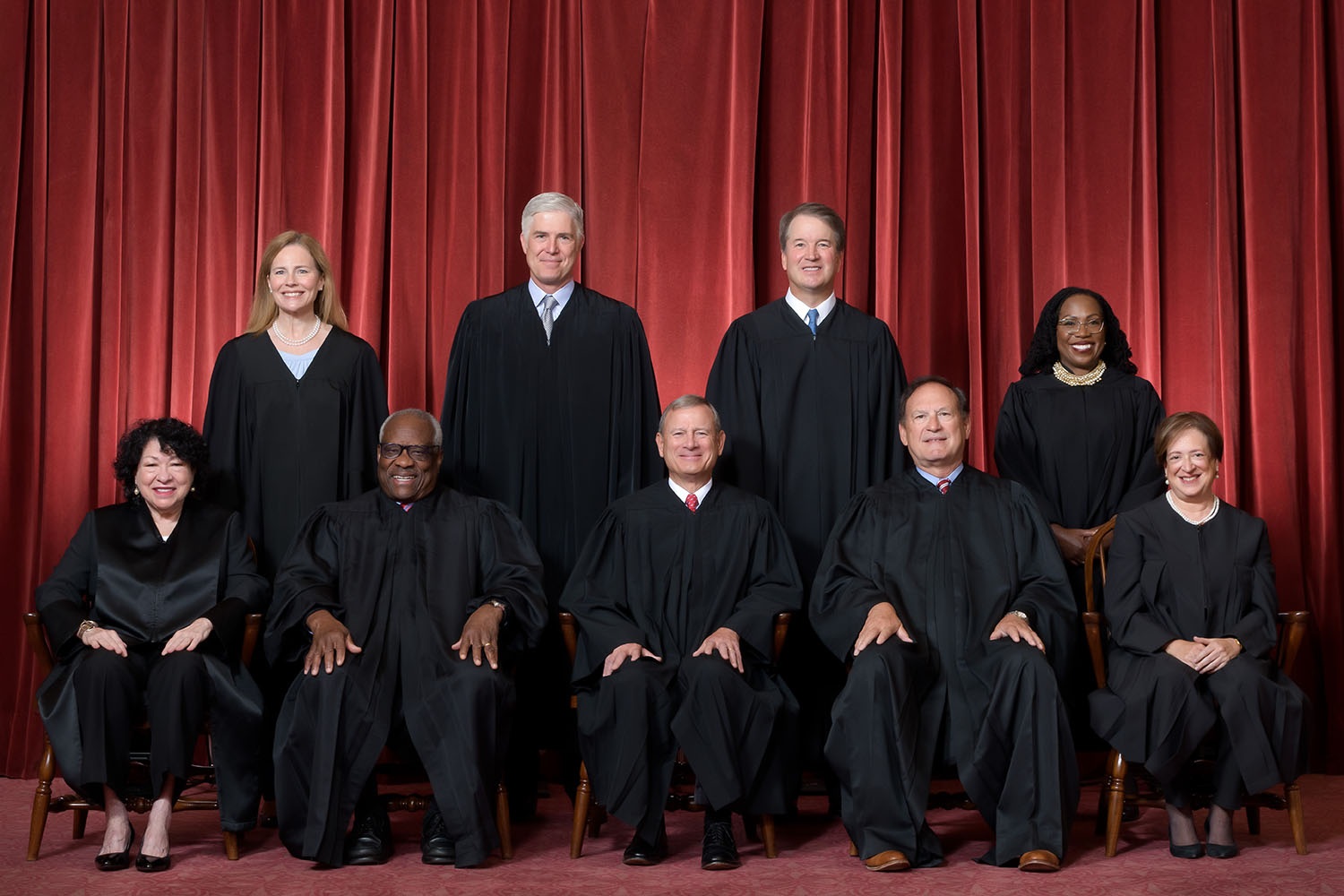

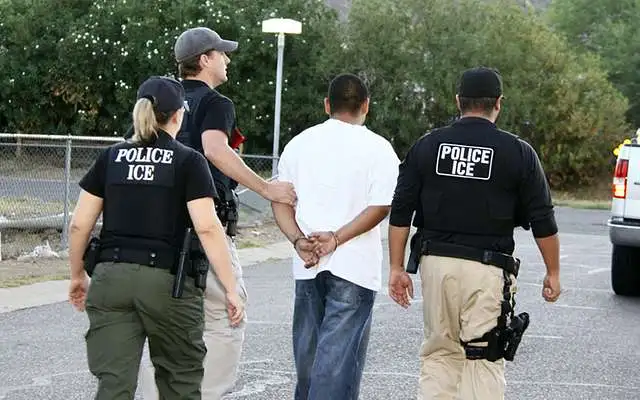
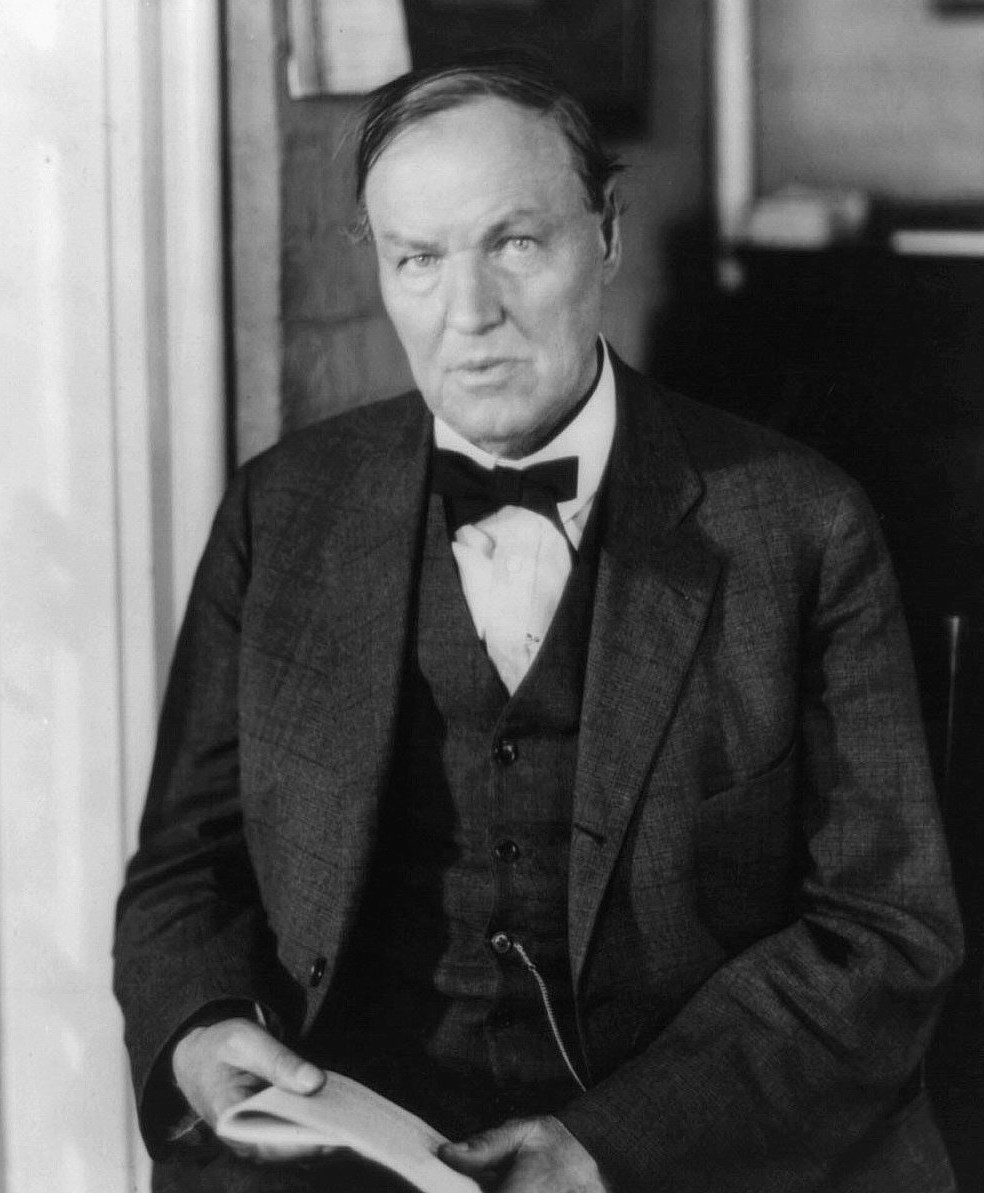
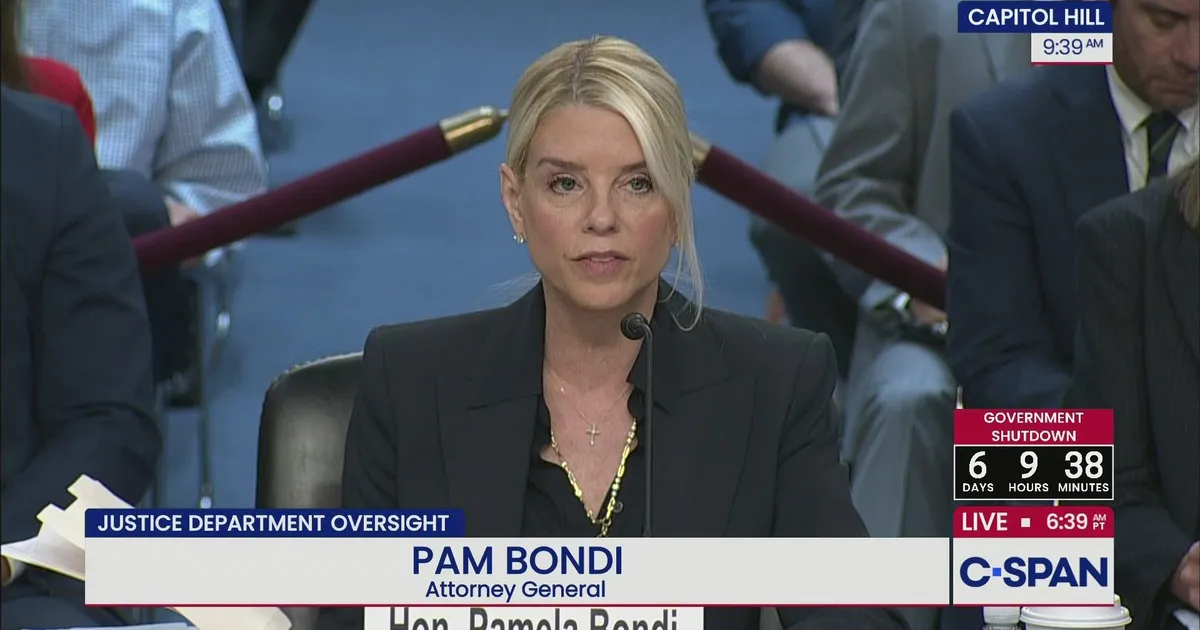
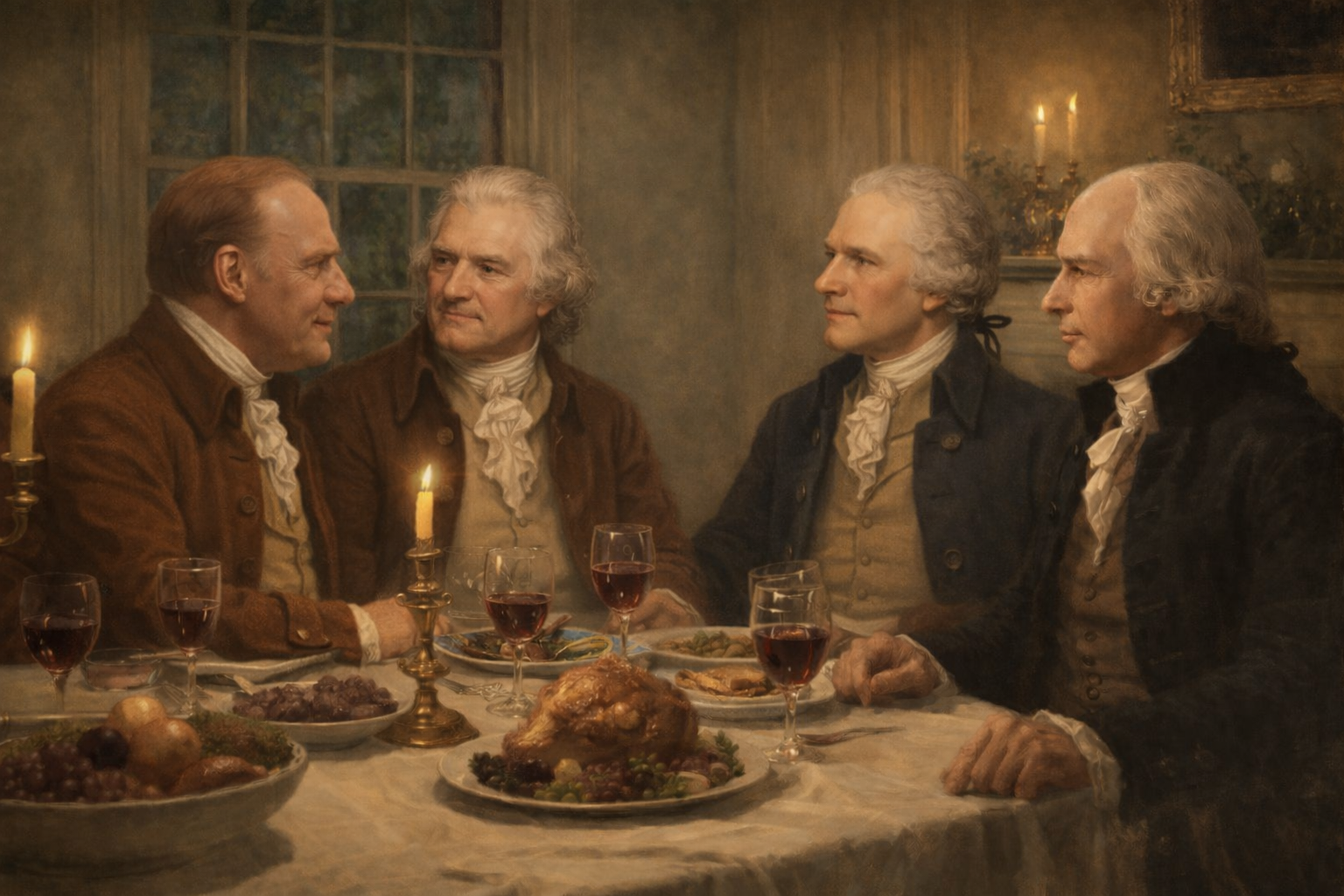
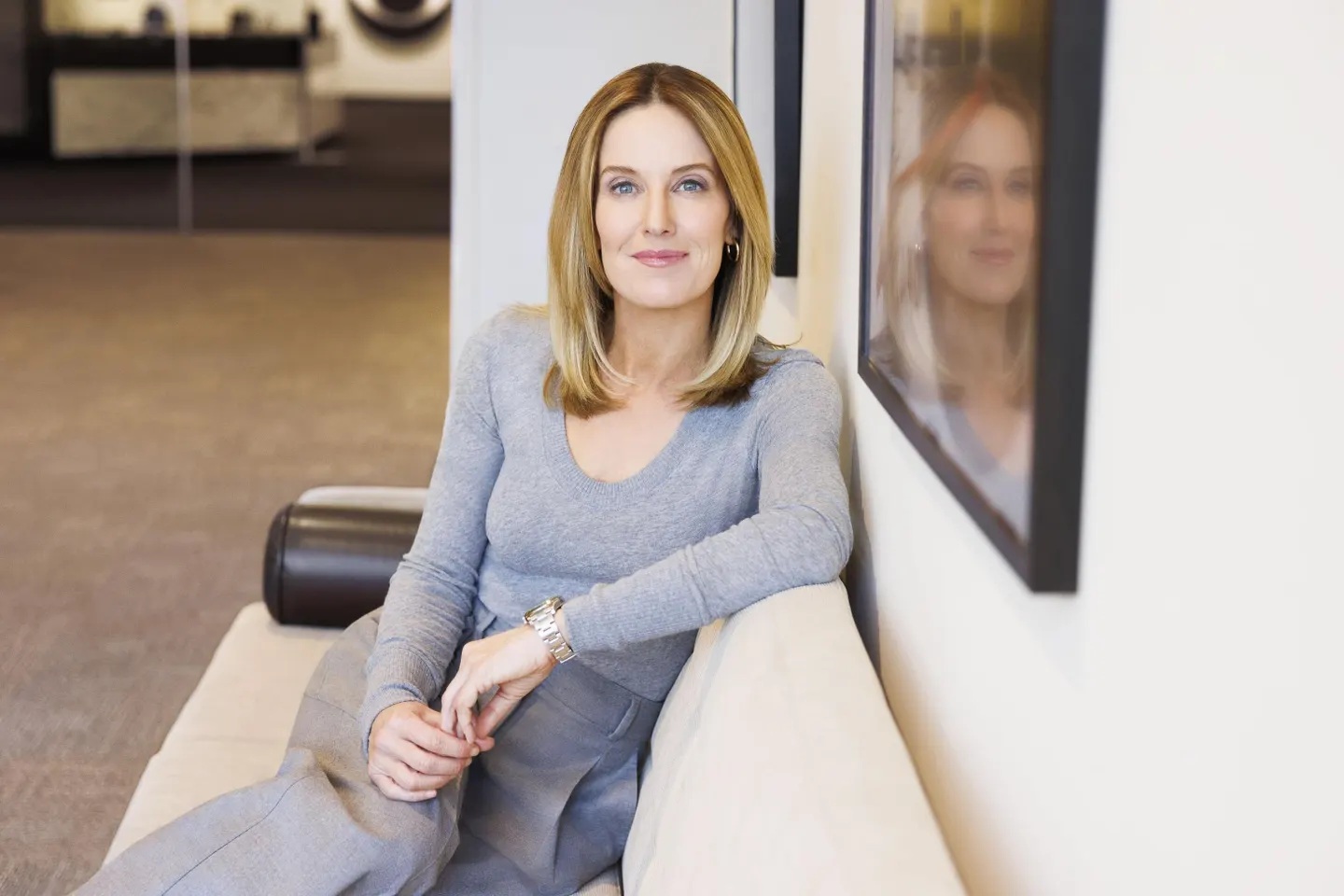
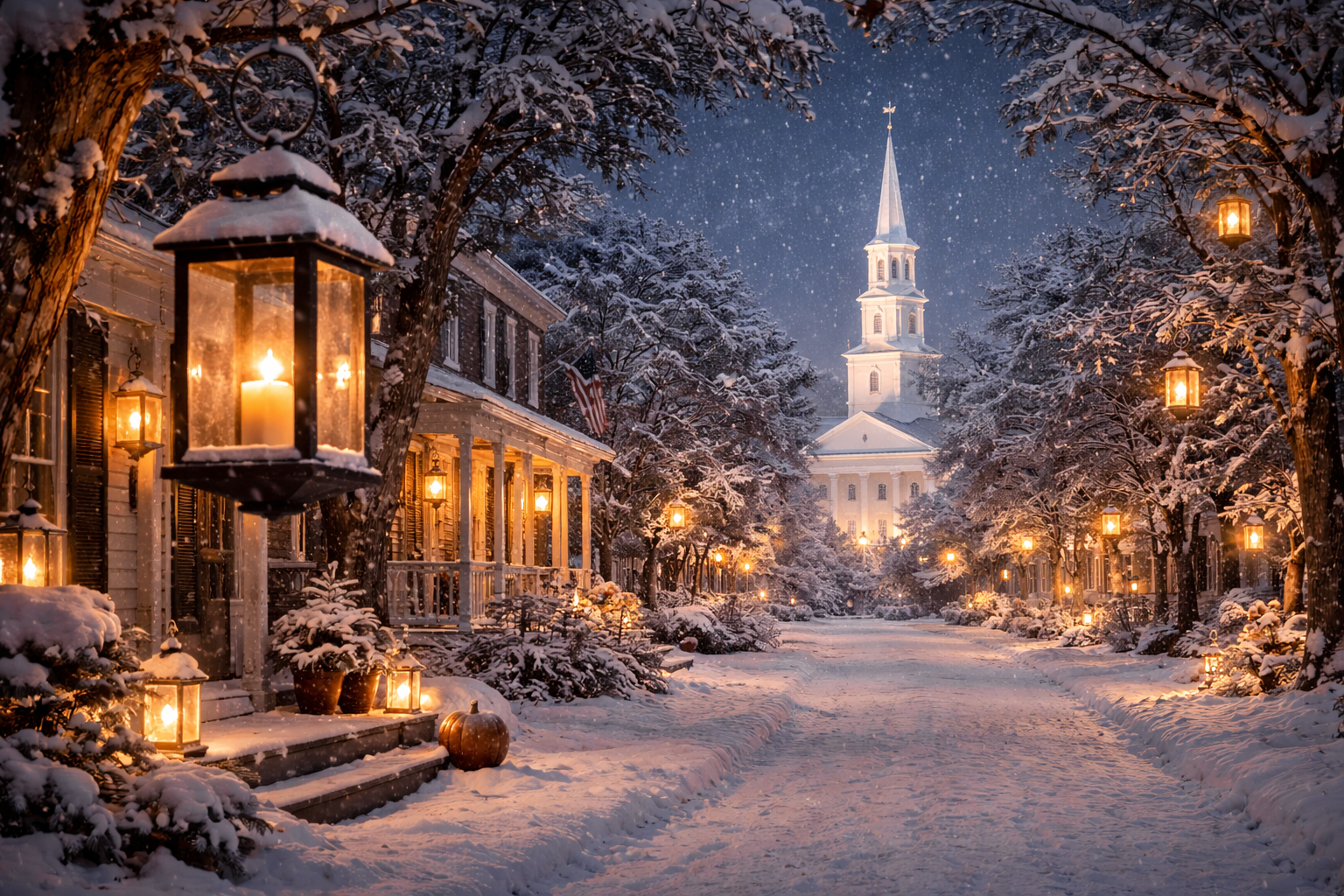
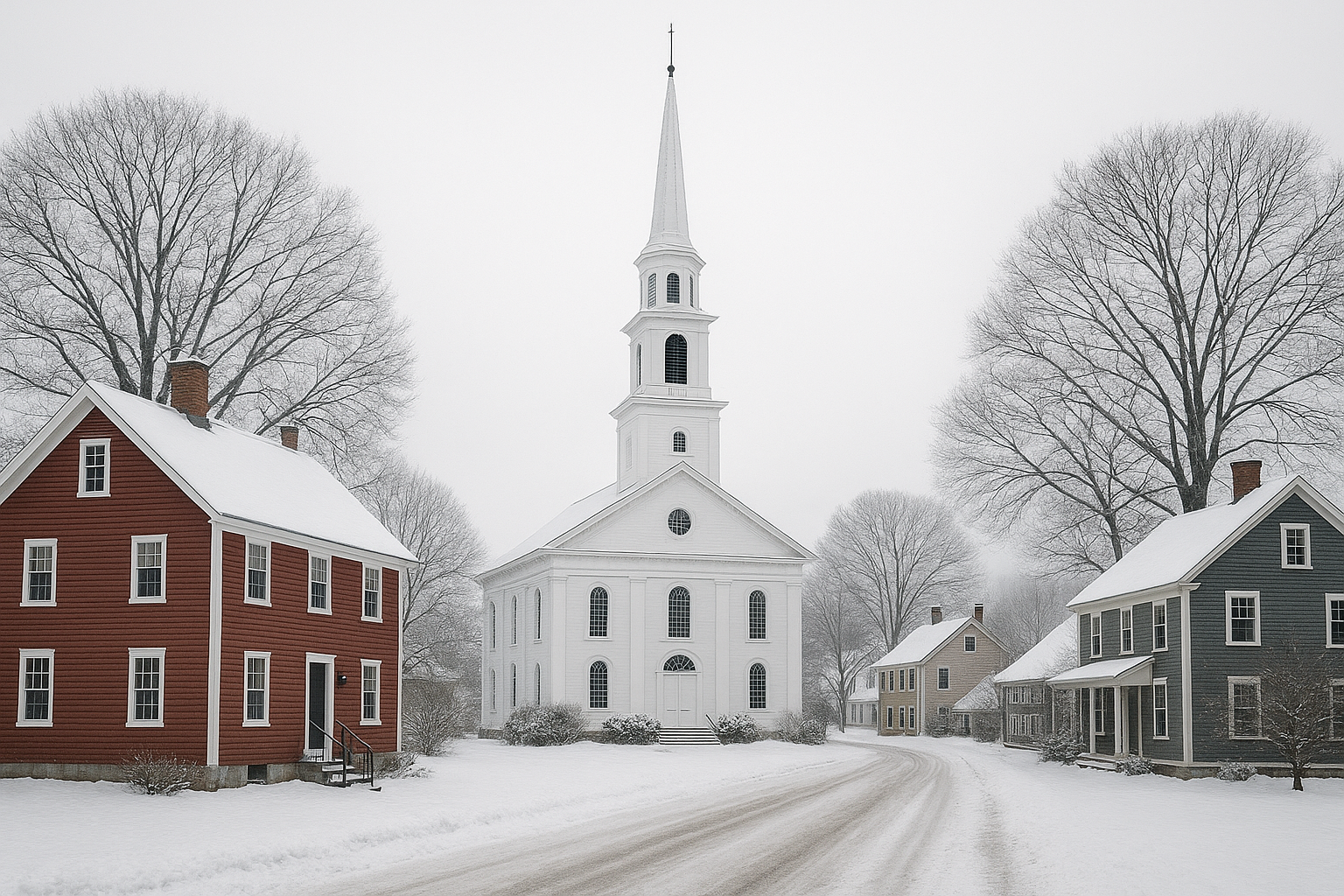
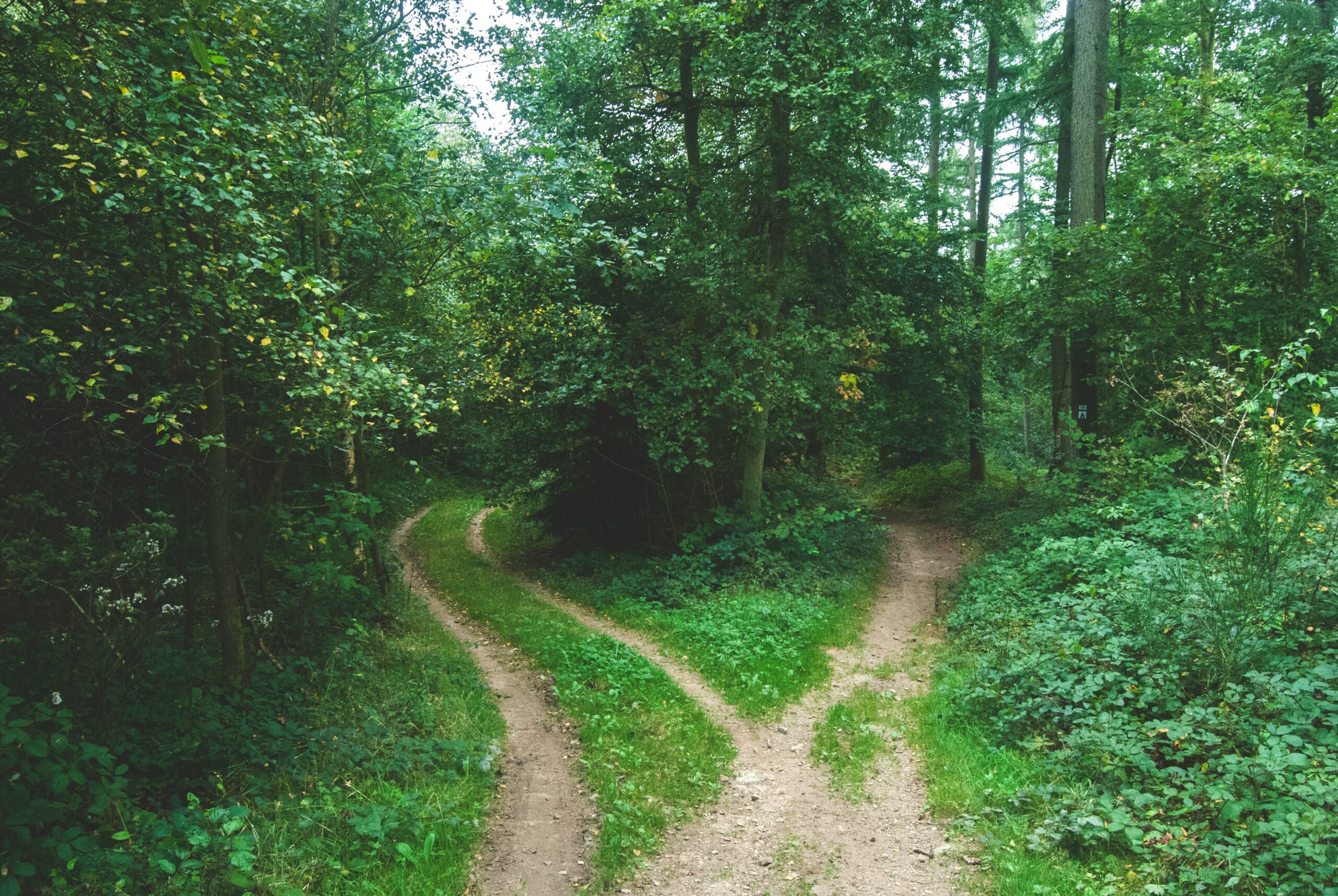


Silence is consent. Lets keep working for our own future as well as the country. Talk it up to those in the middle to hear your concerns…